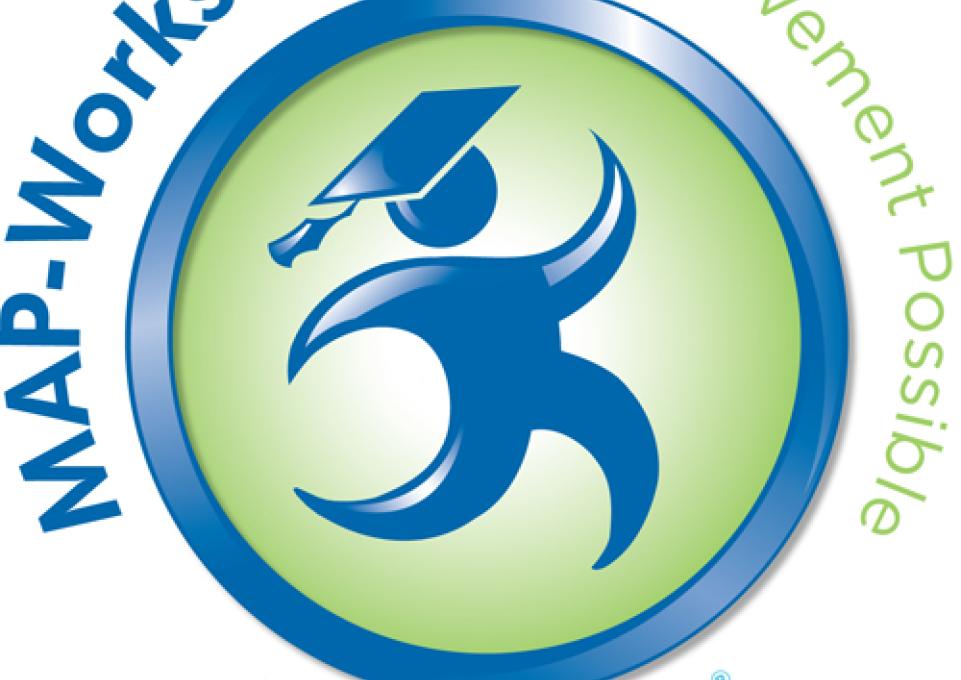
Buffalo State recently received an overall excellence award for outcomes attained through its use of a student retention software program. An independent committee comprised of faculty and administrators from 11 colleges and universities chose the winners out of some 100 participants who use MAP-Works, Making Achievement Possible.
Created by Educational Benchmarking Inc., MAP-Works surveys first-year students to identify who may be at risk for dropping out. The questions are specific and give a clear indication of which students are worried about paying for the coming semester and which ones are having trouble making friends.
Buffalo State adopted MAP-Works in 2008 as a pilot program and as a full program for all first-year students in 2009. Each student who completes the survey has at least one faculty or staff member who monitors the results and then connects students with the proper resources.
It works. Since implementing MAP-Works, Buffalo State has seen its retention rate climb 4.1 percent. Participation in the survey also has jumped every year, from just 49 percent in 2009 to almost 82 percent in 2011. Of the students who participated, a higher percentage of them continued at Buffalo State than the ones who didn’t, said Eileen Merberg, Buffalo State’s retention and leadership specialist who oversaw the administration of MAP-Works.
“The survey also helps students put some language to their challenges and helps them realize that many typical issues facing a first-year college student are common, normal, and not insurmountable,” Merberg said. “The first three to four weeks of a new student’s life at college can be challenging and many struggle academically and socially during this time of transition. More often than not, though, these challenges can be overcome with early intervention.”
Initially, the college decided to try the program because of concern over retention rates among residential students, a demographic that typically stays in college at a higher rate than commuters, Merberg said.
“One of the biggest factors we found was homesickness and students not feeling connected to the campus,” Merberg said. “The beauty of this program is that we know exactly who the students are; they are not just statistics folded into a study.”
Thus, the residence hall staff can visit “Jane in Room 200” and help her feel more connected, she noted. Likewise, the financial aid staff can connect the students struggling to pay for college with the appropriate aid, scholarships, and loans they may not be aware exist.
“For students struggling with academic coursework or who identify as needing assistance with study skills, we not only connect them with the appropriate academic support centers on campus, but in addition, the Residence Life Office offers a late-night academic skills workshop series and designs the topics specific to what the students say they need,” Merberg said.
Daniel Blum, lecturer in the History and Social Studies Education Department, noted in a letter that accompanied the award application that he found MAP-Works a useful tool “in attending to the specific needs of students, needs to which the student would not have voiced to me in a more traditional setting.”
“MAP-Works has allowed me to be part of a group of professionals interested in the complete student, rather than just viewing the student from one, usually incomplete, perspective.”
